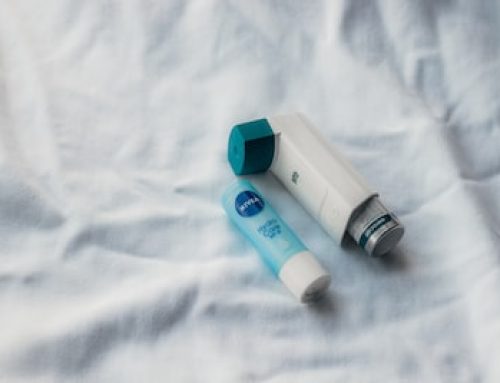When we think about addiction and recovery, it is vital to prepare for relapse prevention by minimizing daily stressors and following a solid plan to avoid relapse. Relapse prevention planning also typically includes strategies for avoiding triggers for relapse, including people whom you used to use substances with, places where you used to obtain or use substances, and things that you associated with substance use, such as a certain type of music, or paraphernalia. These factors are all essential for maintenance of sobriety. People who struggle with substance abuse and addiction often make using the substance their number one priority. This is a sign of addiction in itself! This means that many people struggling with addiction stop being attentive to their physical health needs, including healthy eating habits, sleeping habits, and exercise routines. Therefore, it is very important to include physical health–nutrition, sleep, and exercise–when developing a relapse prevention plan to succeed in short-term, and long-term, recovery.
It is likely that when a person struggling with addiction was using substances, they were not getting proper nutrition. Ironically, when that person achieves early recovery and begins to feel emotions they had masked, they might again struggle with healthy eating due to emotional eating (over-eating or under-eating). Eating in moderation, or appropriate serving sizes is an important principle to stick with when working on healthy eating habits in your relapse prevention plan. Try to eat meals at regular, planned times of day rather than going into your day with no plan. This can lead to choosing unhealthy options on the go, or to periods of overeating. If you find you are having trouble establishing healthy eating habits yourself, seek out support! Talk with your primary care physician and explore getting a referral for a nutritionist. You don’t have to go at it alone.
Having a substance abuse problem can significantly impact sleep in a negative way. Furthermore, the emotional struggle in early recovery can impact sleep habits. Consider trying some of these tips for improved sleep:
1. Go to bed once you are actually tired. If you are slightly tired but cannot fall asleep, get out of bed and engage in a relaxing and non-stimulating activity, such as reading a boring book, coloring, breathing exercises, or light stretching.
2. Create a relaxing bedroom environment. Think of the factors which help you sleep the best. Do you like the room dark, or prefer to keep a light on? Do you like it to be cold or warm? You can then make changes in your room to better accommodate your sleep needs.
3. Avoid drinking caffeinated beverages or using nicotine before bed. These substances are stimulants and interfere with sleep.
4. Keep a regular sleep schedule! While it is normal to have some fluctuations on weekends or holidays off from work, it is helpful to have normalcy in your routine.
5. Exercise several hours before bed to increase restful sleep.
Speaking of exercise, regular fitness routines can help with early recovery struggles, both emotionally and physically. Exercise can be an effective coping strategy for sadness, anger, or anxiety. It can also be a new, sober activity to prevent boredom or having unstructured free-time in early recovery. Exercise helps your body and brain develop new connections, which can significantly aid in coping with stress in daily life. As stated before, you don’t have to do it all alone! Find a friend or positive support who would be interested in exercising with you. If you have a hard time, consider fitness or exercise coaching, or working with a personal trainer to start you off.
In early recovery, it is important to seek support for both physical and mental health. For help in developing and maintaining your own relapse prevention plan, contact Specialized Therapy Associates at (201)-488-6678. By calling this number, you can find out more information about individual counseling and Early Recovery support group therapy. You can also obtain information regarding holistic wellness services, motivational coaching, fitness coaching, and nutrition services.





